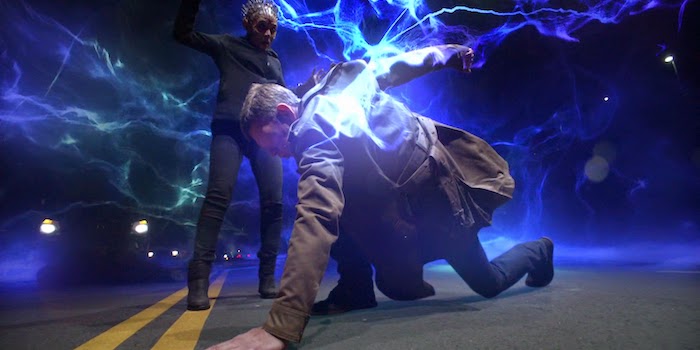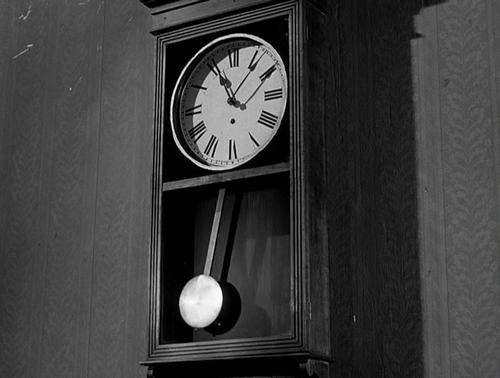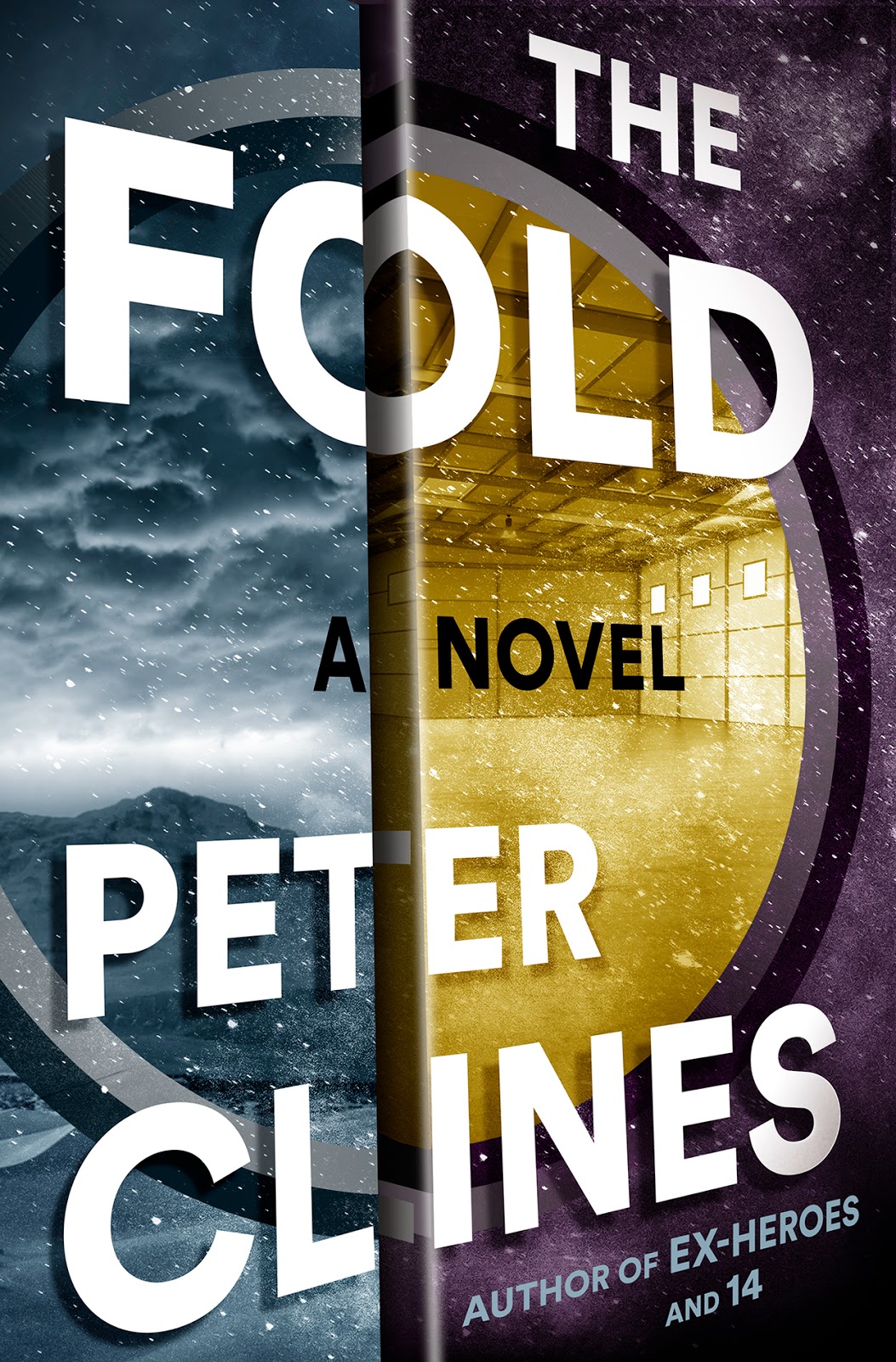Just a quick post this week. I’m on my way down to Dallas for Texas Frightmare Weekend. If you’re in the area, stop by and tell me I’m a hack. I’ll be at booth #155 in the Made In Texas room, sharing space with the amazing Eloise J. Knapp.
Anyway, I wanted to talk about the difference between a genre and a boom. I think it’s important to note the difference because which one I focus on really affects what I’m writing. And why.
So, with that in mind, let’s consider superhero movies.
Superheroes have been insanely hot in Hollywood for the past few years. There were a lot of good and notable movies and television shows before, but I think we can all agree Marvel Studios really created the current climate with the success of Iron Man, theAvengers, and the many movies before and after. Christopher Nolan just stoked that fire with his Batman trilogy.
Naturally, everyone in Hollywood wanted in on that action. So the “superhero” label got slapped on lots of things. Even things that weren’t really in the superhero genre. Because superheroes were hot.
A few years back zombies kind of exploded. Shaun of the Dead. The Zombie Survival Guide. The Walking Dead. And then tons of people were diving in the pool and a lot of folks slapped the zombie label on everything they could. Because zombies were hot.
But now people are saying superheroes are on the way out. And zombies are done. So are vampires. Witches… witches are probably the new big thing.
These people are trying to chase the boom. They’re trying to figure out how to make an easy buck with “what’s hot” rather than focusing on something good in a chosen market. They’re confusing the genre with the passing fad.
If I write a good story, people will want to read it. No one’s ever said “well, I though it was fascinating and nuanced and really touched me on a personal level… but I’m sooooo sick of these superhero movies, so I’m giving it one star.”
Y’see, Timmy, superheroes aren’t “done” any more than sitcoms or mysteries or crime procedurals or biographies. Harry Potter’s come and gone, but the young adult section is still pretty full at my local Barnes & Noble. Come to think of it, so are the graphic novel and horror sections. Lee Child seems to be doing okay with his Jack Reacher series, despite the fact that thrillers haven’t been hot for something like twenty years. And just a few weeks ago—right around the time I was handing in the latest Ex-Heroes book my publisher had requested—the CW premiered iZombie, another zombie television show (there seem to be a lot of them, yes?) where the characters actually made a joke about “hey, do you think zombies are ‘done,’ like everyone says?”
Don’t waste time chasing the boom. It’s almost impossible to catch, and far more people stumble into it than anything else. Just focus on writing the best story you can. Revise it, polish it, and make it better than anyone else’s.
Next week, I was thinking of hanging some art. In the execution sense.
Until then, go write…








